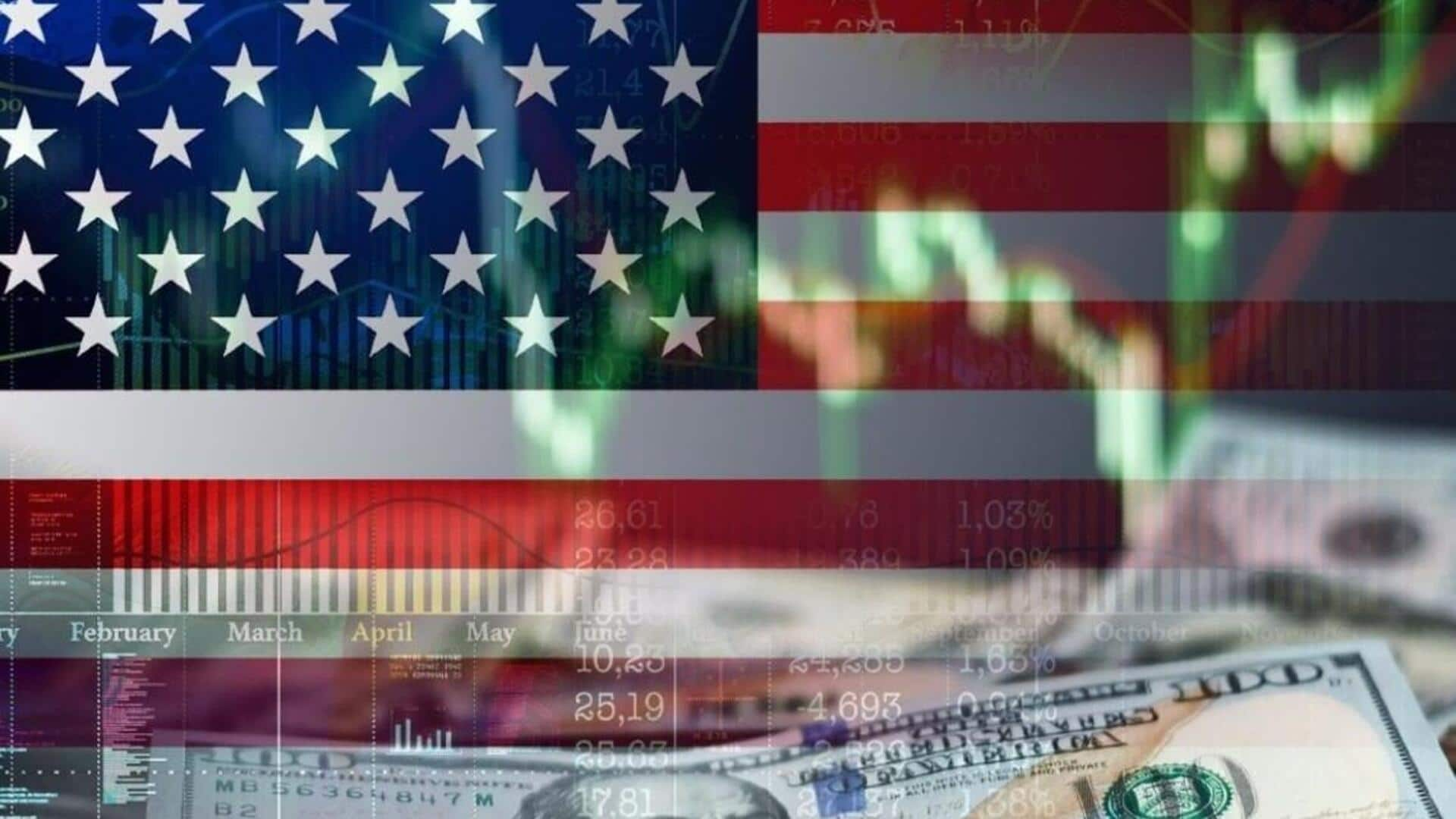
US consumer inflation slows, boosting prospects for interest rate cut
What's the story
Consumer prices in the US rose less than expected in April, signaling a return to the downward inflation trend at the beginning of Q2. This development has increased financial market expectations for a potential interest rate cut in September. "The economic data are picture perfect in favor of interest rate cuts," stated Christopher Rupkey, chief economist at FWDBONDS. Concurrently, retail sales remained unexpectedly stagnant last month, indicating a slowdown in domestic demand.
Retail sales
Central bank welcomes cooling domestic demand
The unexpected stagnation in retail sales last month suggests a cooling domestic demand, which is likely to be welcomed by officials at the US central bank. Their aim is to engineer a "soft-landing" for the economy. The consumer price index (CPI) increased by 0.3% last month, following a 0.4% rise in both March and February, according to the Labor Department's Bureau of Labor Statistics.
Election focus
Presidential candidates address inflation concerns
The cost of living, a significant factor affecting the economy's resilience, is a key theme for the upcoming November 5 presidential election. President Joe Biden acknowledged high prices but argued that his agenda, including building two million homes and taking on Big Pharma to lower prescription drug prices, "will give families breathing room." Meanwhile, Donald Trump's campaign blamed inflation on Biden's policies and promoted Trump's America First agenda of low taxes, lower prices, and higher wages.
Price fluctuations
Shelter and petrol prices surge, food costs remain stable
The cost of shelter, including rents, rose 0.4% for the third consecutive month while petrol prices surged by 2.8%. These two categories contributed over 70% of the increase in CPI. However, food prices remained unchanged with supermarket prices falling by 0.2%, led by eggs which dropped by 7.3%. Meat, fish, fruits and vegetables as well as nonalcoholic beverages were also cheaper while cereals and bakery products cost more and dairy product prices rose marginally.
Market predictions
Inflation expected to ease toward Fed's 2% target
Inflation had accelerated in Q1 due to strong domestic demand after moderating for much of last year. However, last month's slowdown was a relief. Economists now expect price pressures to ease this quarter, and inflation to gradually move toward the Fed's 2% target as labor market cools. "I expect that inflation will move back down ... on a monthly basis to levels that were more like the lower readings that we were having last year," said Fed Chair Jerome Powell.